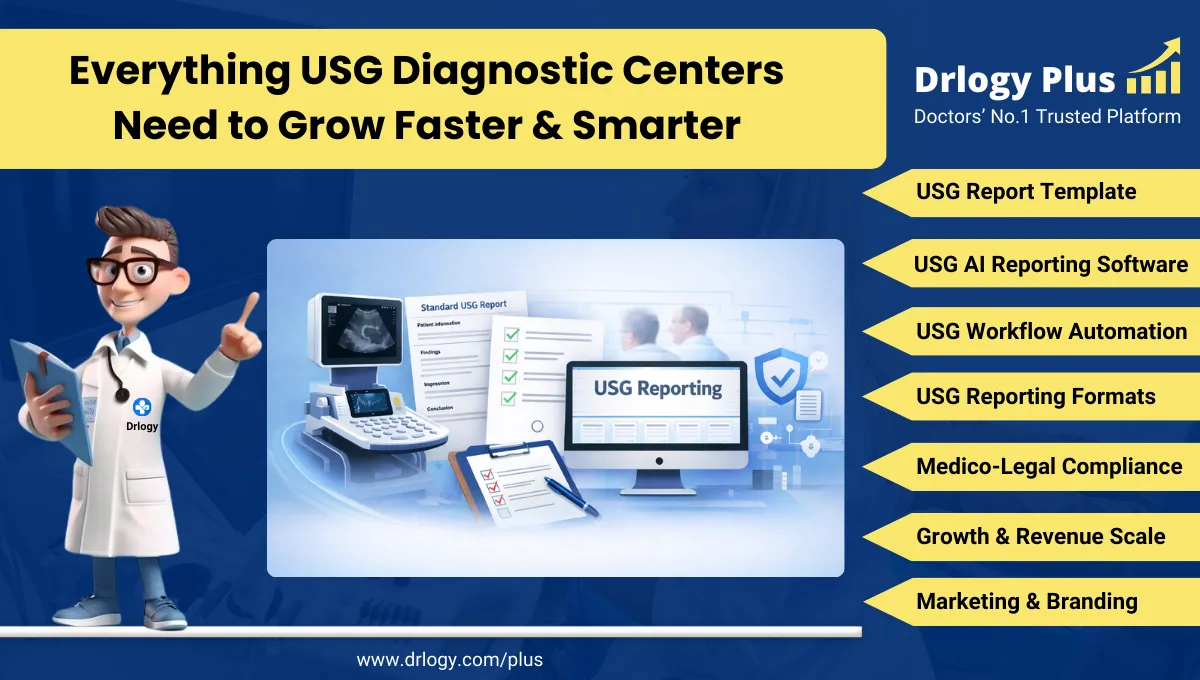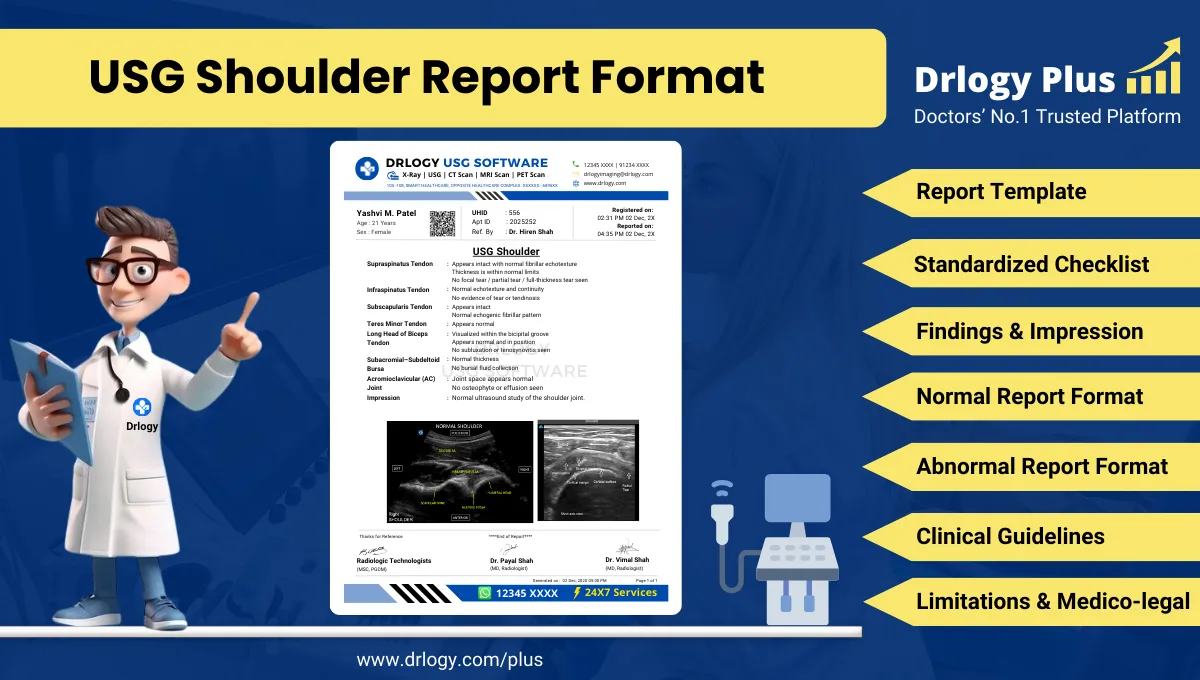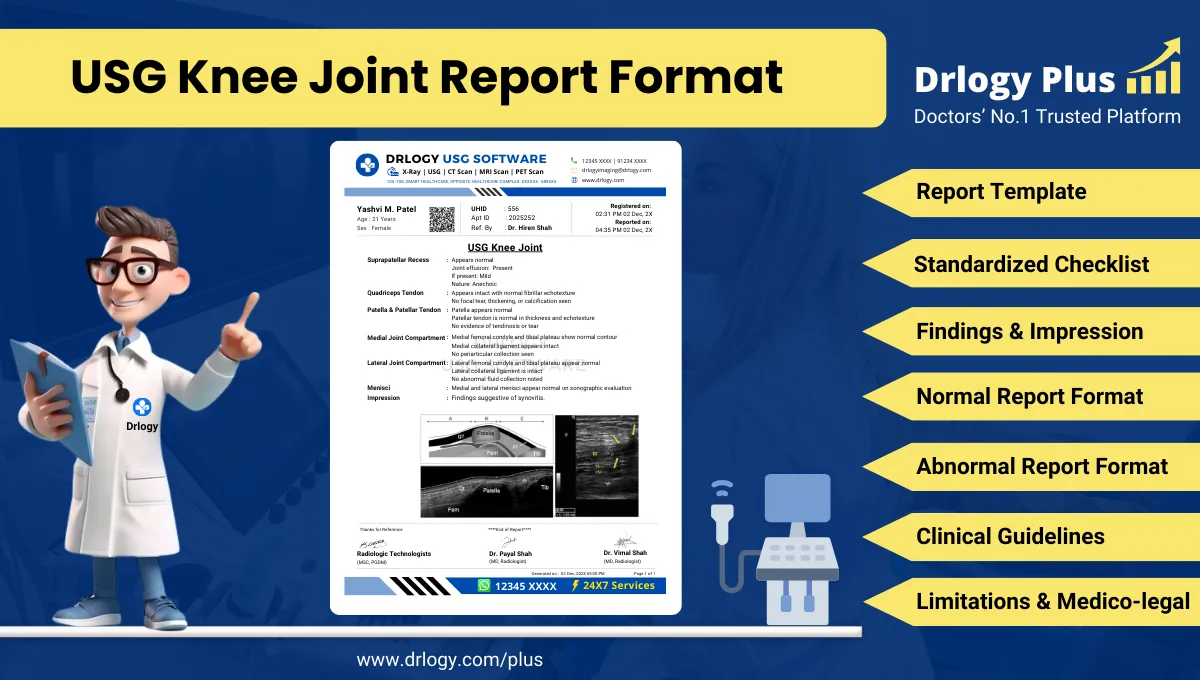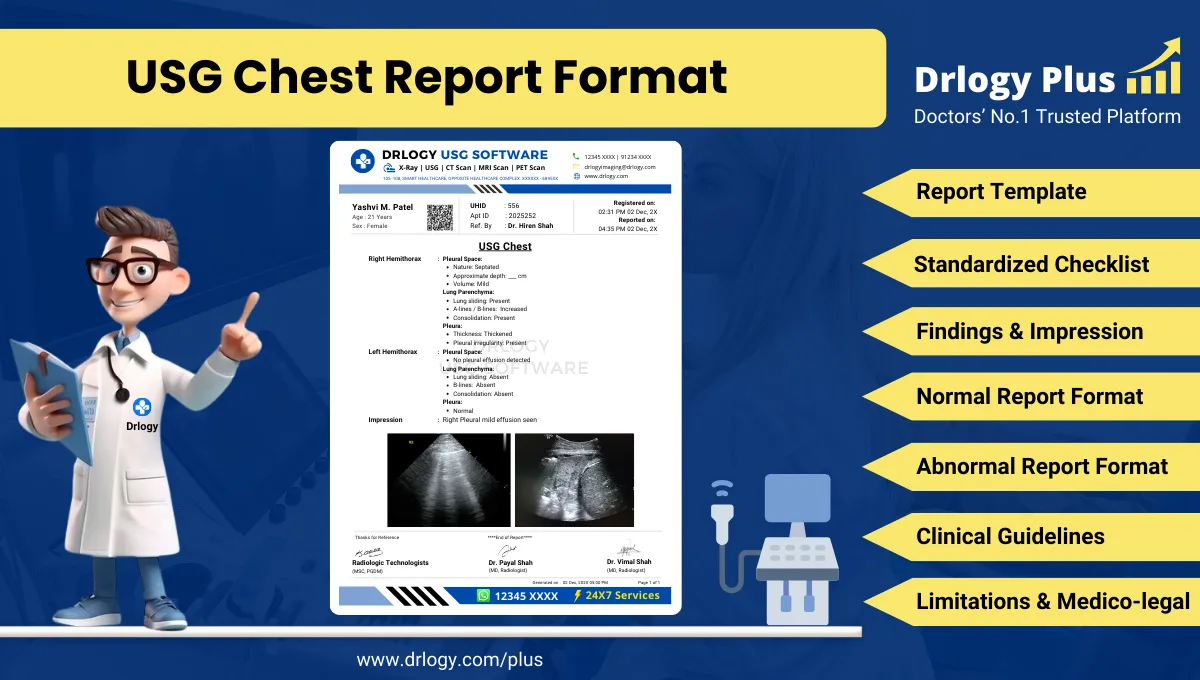
Drlogy
Healthcare organization
10 Best MRD Management Features For Hospital Management System
Effective MRD (Medical Records Department) management features are essential for hospitals to ensure organized storage, retrieval, and management of patient medical records.
Do You Know?
- Approximately 58% of healthcare organizations experienced data breaches, with the millions cost of breach in 2023-24 itself.
- Efficient MRD management can reduce patient wait times by up to 50% and enhance overall patient satisfaction.
In this guide, Drlogy will provide insights into the best MRD management features for Hospital Management Systems, optimizing medical records processes and ensuring data security.
Recommended
What is MRD Feature in Hospital Management System
- MRD (Medical Record Department) management feature in Hospital Management Systems involves organizing and maintaining medical records, ensuring accessibility, accuracy, and confidentiality of patient information.
- It streamlines the retrieval and management of medical records, reducing administrative burden and enhancing workflow efficiency within healthcare facilities.
- MRD management feature improves patient care by providing quick access to comprehensive medical histories, facilitating informed decision-making by healthcare professionals, and ensuring compliance with regulatory standards for medical record-keeping.
Check
10 Reasons Why MRD Management Feature Must For Hospital Management System
Here are 10 Reasons Why MRD Management Feature Must For Hospital Management System.

1. Enhanced Record Organization and Accessibility
- MRD management ensures systematic organization of medical records, enabling easy retrieval and access.
- Improved accessibility of records facilitates quicker decision-making and enhances patient care.
- Advanced search functionalities allow healthcare providers to locate specific records efficiently.
- It provides comprehensive MRD management features, ensuring efficient organization and accessibility of medical records.
With Drlogy HMIS, hospitals can customize access permissions, ensuring that staff can access relevant records securely.
2. Secure Data Handling and Confidentiality
- MRD systems prioritize data security, safeguarding patient information from unauthorized access.
- Compliance with healthcare regulations ensures confidentiality and privacy of medical records.
- Role-based access controls restrict access to sensitive information, minimizing the risk of data breaches.
- Encrypted storage and transmission of data in Drlogy HMIS further enhance data security and confidentiality.
Drlogy HMIS implements robust security measures, protecting sensitive patient data and ensuring compliance with data protection laws.
3. Streamlined Tracking and Management
- MRD systems track the movement and status of medical records throughout their lifecycle.
- Real-time tracking minimizes the risk of record misplacement or loss, ensuring continuity of care.
- Automated alerts and notifications notify staff of pending tasks or overdue actions, ensuring timely management of medical records.
- Integration with barcode or RFID technology allows for efficient tracking and retrieval of medical records, reducing manual effort and human errors.
Drlogy HMIS offers advanced tracking and management functionalities, facilitating seamless management of medical records.
4. Improved Workflow Efficiency
- MRD management streamlines record-related tasks, reducing administrative burden on staff.
- Enhanced efficiency in record management leads to improved workflow within the hospital.
- Standardized templates and electronic forms simplify data entry and documentation processes.
- Integration with other hospital management modules in Drlogy HMIS ensures seamless workflow across departments, further enhancing efficiency.
Drlogy HMIS automates routine tasks and minimizes paperwork, optimizing workflow efficiency for hospital staff.
5. Compliance with Regulatory Standards
- MRD systems ensure compliance with regulatory requirements governing record management.
- Built-in audit trails and reporting functionalities assist in demonstrating compliance during audits.
- Customizable compliance templates and checklists help organizations adhere to specific regulatory frameworks.
- Automated compliance monitoring and reporting tools track adherence to regulatory requirements and provide insights for continuous improvement.
Drlogy HMIS supports adherence to regulatory standards, simplifying compliance efforts for hospitals.
6. Facilitated Interoperability
- MRD management systems facilitate interoperability by allowing seamless exchange of medical records between different healthcare providers.
- Integration with external systems enables healthcare organizations to access patient data from multiple sources.
- Drlogy HMIS supports interoperability by offering integration capabilities with other healthcare systems and electronic health record (EHR) platforms.
- Integration with regional or national health information exchanges (HIEs) further expands data sharing capabilities, promoting collaboration and improving patient outcomes.
By ensuring interoperability, Drlogy HMIS enhances care coordination and promotes continuity of care for patients.
7. Enhanced Clinical Decision-Making
- MRD systems provide healthcare providers with comprehensive patient information, enabling informed clinical decision-making.
- Access to complete medical histories, test results, and treatment plans helps clinicians devise personalized care plans.
- By facilitating access to critical patient data, Drlogy HMIS empowers clinicians to deliver timely and effective care.
- Merging with diagnostic imaging systems and laboratory information management systems (LIMS) enhances diagnostic accuracy and treatment efficacy.
Drlogy HMIS offers clinical decision support tools, such as alerts and reminders, to assist healthcare providers in making evidence-based decisions.
8. Improved Patient Safety
- MRD management systems help mitigate the risk of medical errors by ensuring accurate and up-to-date documentation of patient information.
- Standardized documentation practices reduce the likelihood of transcription errors and inconsistencies in medical records.
- By promoting adherence to best practices and protocols, Drlogy HMIS enhances patient safety and reduces the incidence of adverse outcomes.
- Integration with electronic prescribing systems and decision support tools further enhances medication safety and reduces medication errors.
Drlogy HMIS includes safety features, such as medication reconciliation tools and allergy alerts, to prevent adverse events.
9. Enhanced Continuity of Care
- MRD management systems facilitate seamless transitions of care by ensuring that relevant patient information is readily available to all healthcare providers involved in a patient's treatment.
- Comprehensive medical records enable continuity of care across different care settings, such as hospitals, clinics, and long-term care facilities.
- By promoting continuity of care, Drlogy HMIS reduces the risk of gaps in care and improves patient outcomes.
- Integration with patient engagement tools allows patients to actively participate in their care plans, further enhancing continuity of care.
Drlogy HMIS supports care coordination by providing a unified platform for accessing and sharing patient information among healthcare teams.
10. Enhanced Clinical Documentation
- MRD systems enable comprehensive and accurate documentation of clinical encounters, ensuring thorough documentation of patient assessments, diagnoses, and treatments.
- Standardized documentation templates and customizable forms facilitate consistent and efficient clinical documentation practices.
- By improving clinical documentation accuracy and completeness, Drlogy HMIS enhances communication among healthcare providers and supports billing accuracy.
- Integration with coding and billing systems further streamlines the documentation-to-reimbursement process, reducing administrative burden and ensuring revenue integrity.
Drlogy HMIS offers intuitive documentation tools, such as voice recognition and dictation capabilities, to streamline the documentation process.
10 MRD Management Benefits For Hospital Management System
Here are 10 MRD Management Benefits For Hospital Management System.
- Efficient Record Organization: Digitally organize and manage medical records, ensuring easy retrieval and accessibility for healthcare professionals.
- Improved Workflow: Streamline administrative processes related to medical record management, reducing manual efforts and optimizing staff productivity.
- Enhanced Data Security: Implement robust security measures to safeguard patient information, ensuring compliance with data protection regulations such as HIPAA.
- Facilitated Information Sharing: Enable seamless sharing of medical records among healthcare providers, promoting collaboration and continuity of care.
- Patient Privacy: Maintain confidentiality of patient records, protecting sensitive health information from unauthorized access or breaches.
- Accurate Documentation: Minimize errors associated with manual record-keeping, ensuring accuracy and completeness of medical documentation.
- Compliance Management: Monitor and enforce compliance with regulatory standards for medical record-keeping, avoiding penalties and legal risks.
- Audit Trail Creation: Generate audit trails to track access and modifications to medical records, enhancing accountability and transparency.
- Remote Access: Allow authorized personnel to access medical records remotely, facilitating timely decision-making and care delivery.
- Integration Capabilities: Integrate MRD management systems with other hospital management modules, enabling seamless data exchange and interoperability across departments.
Drlogy Hospital Management System Features Guide For HMIS
Here are 16 Steps Drlogy Hospital Management System Features Guide For HMIS Selection.
| 1. HMIS | 9. Billing |
| 2. OPD Management | 10. Patient Portal |
| 3. IPD Management | 11. EMR and EHR Management |
| 4. ICU Management | 12. MRD Management |
| 5. OT Management | 13. Ambulance Management |
| 6. Lab Management | 14. Biomedical Waste |
| 7. Radiology Management | 15. Online Appointment |
| 8. Pharmacy Management | 16. ROI and Budget |
Summary
Overall, MRD management features offer comprehensive growth ensuring efficient organization, secure handling, and streamlined access to medical records, thereby enhancing patient care and regulatory compliance.
Explore the complete 16 steps Drlogy Hospital Management System (HMS) guide for comprehensive insights into optimizing hospital operations and patient care.




